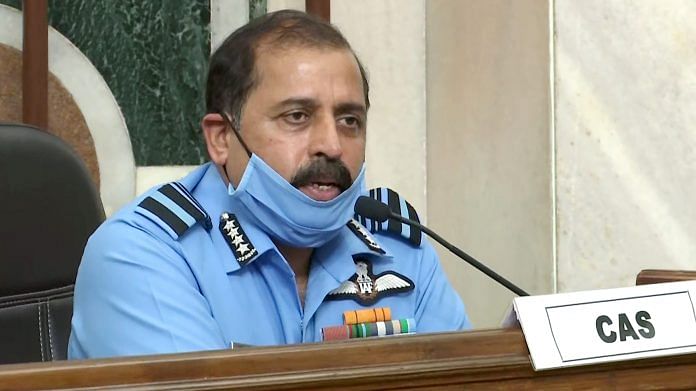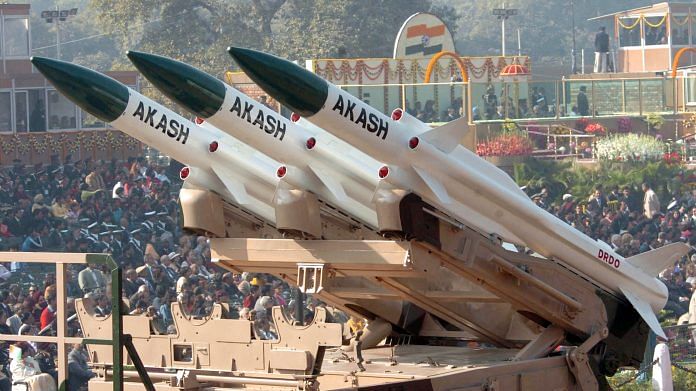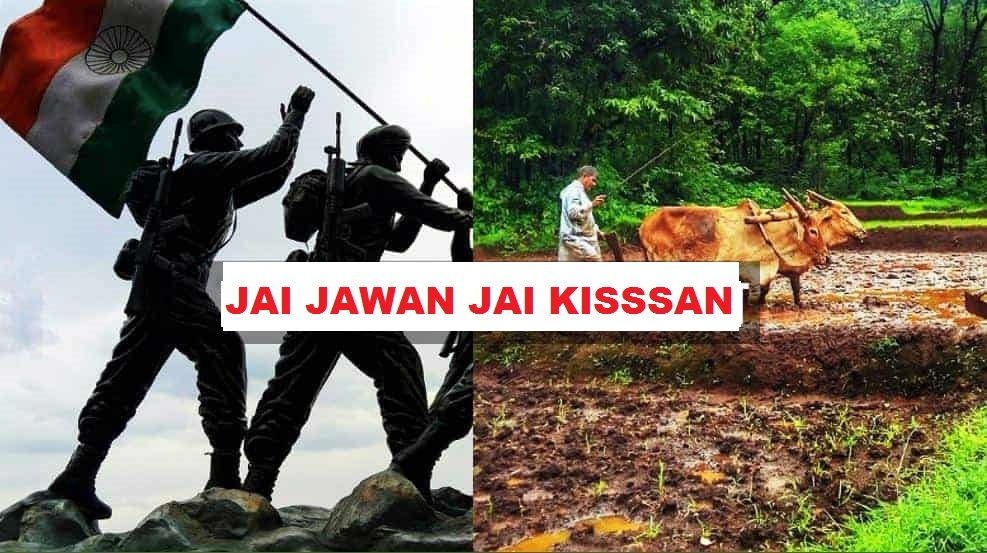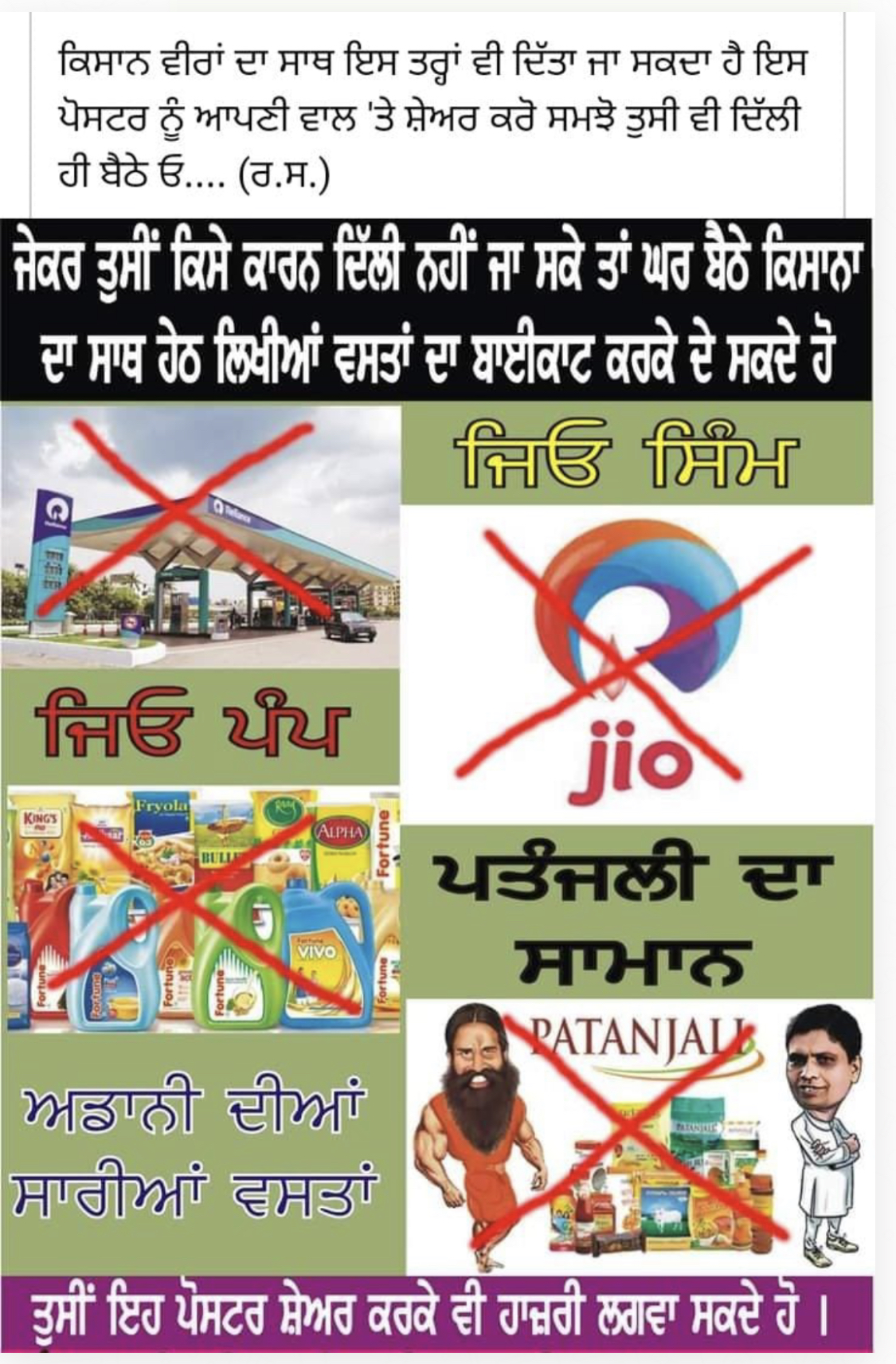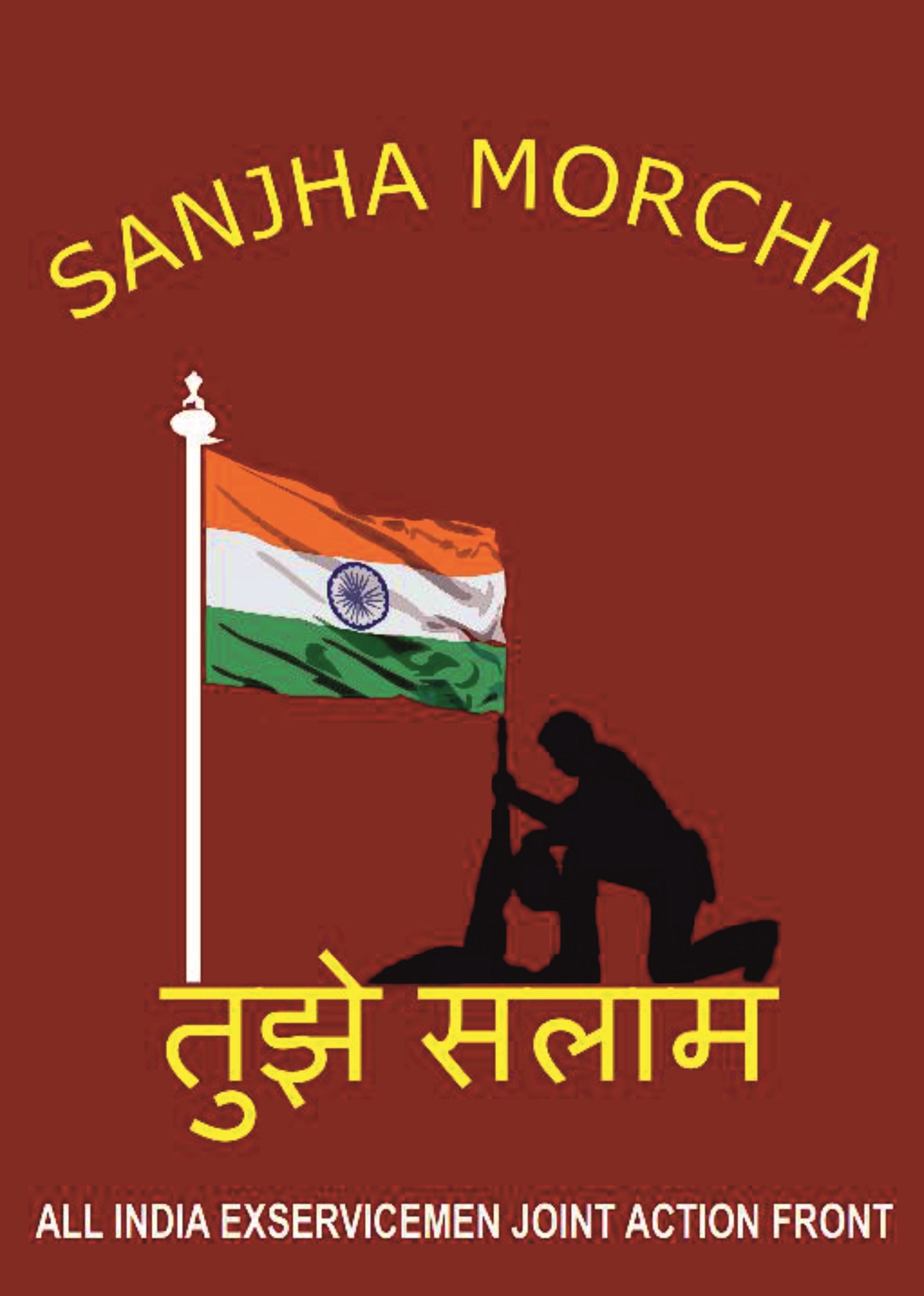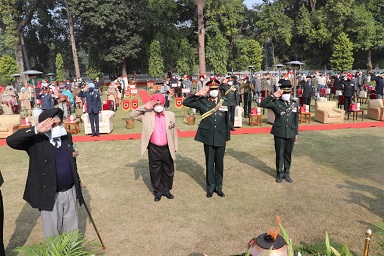
Justice Madan B Lokur (retd). Tribune file
Justice Madan B Lokur, who retired as a judge of the Supreme Court of India on December 30, 2018, has been one of the most vocal judges in India. Currently, he is serving as a judge of the Supreme Court of Fiji since August 12, 2019. In an interview with The Tribune Legal Editor Satya Prakash, Justice Lokur articulated his views on a host of issues confronting the Indian judiciary. Excerpts:
How do you see the role of the judiciary in India? What would you expect the constitutional courts to do? Have they performed the role you expect them to?
The judiciary is obviously a very important institution in a democracy. I believe the days of an ivory tower judiciary are now over. The judiciary must appreciate this and be proactive in taking forward the constitutional vision of justice – social, economic and political. I expect every judge, not only constitutional courts, to be proactive, without fear or favour, affection or ill will. By and large the judges have performed their role as expected, but I think some of them have been a bit tentative over the last few years.
In the recent past, you have been critical of the judiciary in general and the Supreme Court in particular. Why? Please elaborate.
I am sorry that by expressing my views, I seem to have conveyed this impression. I have and will continue to have great regard and respect for an independent judiciary. Certain events have transpired over the last few years that have dismayed me. For example, some of us felt that the then Chief Justice of India (CJI) was misusing his authority as Master of the Roster despite being cautioned. Four senior judges of the Supreme Court (including myself) spoke out against it. Matters did improve, but only temporarily. The next CJI went a few steps further down the slope in an unbelievable manner when he dealt with allegations of sexual harassment against himself.
Many (including myself) spoke out against what had happened. The Supreme Court then declined to give appropriate importance to some cases, such as those concerning electoral bonds, Citizenship (Amendment) Act, habeas corpus petitions, cases of alleged violations of fundamental rights and liberties such as free speech and freedom of the Press and so on, including the terrible hardships faced by migrants as a result of the lockdown.
A few months ago, about 20 senior lawyers of the Supreme Court addressed a letter to the CJI and all other judges articulating the Supreme Court’s “failure to protect the rights of the hapless millions of migrant workers in March and its failure to scrutinize the executive actions …. that severely and excessively impaired the fundamental rights of the poorest sections of our citizens”.
Even today, some lawyers are expressing their distress and dismay at some other developments.
The problem is that the High Courts and District Courts then begin to think that if the Supreme Court adopts a particular attitude or takes a particular stance, why should we take a different line. So, the judicial process down the line gets vitiated. That is troubling and in the overall context, it engenders the feeling that the Supreme Court and the judiciary is getting executivised.
There were questions raised over the manner in which the Supreme Court handled the situation arising out of the COVID-19 pandemic and the subsequent lockdown during which thousands of migrant workers were seen walking back home on foot? Did it fail in its constitutional duty of protecting citizens’ right to life enshrined under Article 21 of the Constitution?
The letter sent by the Supreme Court lawyers says it all.
The Legislature and the Executive often accuse constitutional courts of judicial overreach while activists feel the judiciary is not active enough to keep the other two organs of the State under check. What do you think?
It’s a mixture of both. Judicial overreach is when the Judiciary passes orders in areas which are beyond its jurisdiction. Legislative overreach is when the Legislature passes laws that are outside its jurisdiction. These laws are then declared unconstitutional by the judiciary, which is then accused of overreach. Executive overreach is when the Executive passes orders or gives directions that are beyond its jurisdiction. These are then struck down by the judiciary. This is a constitutional obligation of the judiciary and cannot be characterised as judicial overreach.
There have been instances when the Speaker of the House has not taken action under the anti-defection law for months or when there is what the Supreme Court described as horse trading of MLAs. In such situations, when a citizen approaches the Court, there are two options before the Court — one is to tell the litigant that it’s for the Legislature and the MLAs to sort out their problems. The other is to intervene in accordance with the Constitution and pass appropriate orders. If the Court keeps a hands-off attitude, it is accused of not being active enough. If the Court intervenes, it is accused of judicial overreach. This is an unfortunate dilemma.
Yet another problem is when the Legislature or the Executive is inactive. Why is it that no law was provided to protect women from sexual harassment at the workplace? Due to the silence of the Legislature, the Supreme Court was compelled to issue the Vishaka guidelines in 1998. Was it a case of judicial overreach? If yes, what was the alternative – to let women continue getting sexually harassed?
Even thereafter, the Legislature was silent for almost 15 years and ultimately enacted a law in 2013. Similarly, existing laws for the protection of children are not being faithfully implemented by the Executive. If the Supreme Court passes orders for the effective implementation of these laws, is that judicial overreach? In such situations, citizens and the Courts ask the question – to act or not to act. My view is that the Courts must act – the Constitution of India mandates it.
How do you see the relationship between the Government and the judiciary today?
If you read the full text of the letter sent by the Supreme Court lawyers, you will get the answer to your question.
More than five years have passed since the Supreme Court declared NJAC as unconstitutional. The Collegium system is under attack for being opaque and ignoring talent in elevation to the Bench. What kind of changes would you suggest in the judicial appointment system?
Recently, I participated in a webinar on judicial integrity and the appointment of judges came up for consideration. A judge from a court in Europe said that in Europe there were 50 different ways in which judges are appointed. Another European judge on the panel did not contradict him. So, there are ways and ways in which judges can be selected for appointment. No system is perfect, including our collegium system. At one time, I suggested five different changes in the functioning of the collegium to reduce opacity. These were immediately accepted by the CJI and other judges in the collegium.
Later, I gave another set of suggested changes to the concerned Registrar in the Supreme Court. I believe he handed over the suggestions to the CJI or brought them to his notice but they were not discussed. Changes are needed and should be made. Pinpointing them will need a separate discussion altogether. Yes, some outstanding lawyers have been side-lined for appointment and some outstanding judges have not been fairly treated.
In the recent past, the Supreme Court has initiated contempt proceedings against several persons, including advocate Prashant Bhushan and comedian Kunal Kamra. Do you think the Supreme Court is becoming averse to criticism or it’s being unfairly targeted by certain people? Should India do away with criminal contempt of court, particularly scandalising the court as defined under Section 2 © (i) of the Contempt of Courts Act, 1971?
I think the Supreme Court is being unnecessarily defensive. It has been criticised by senior politicians who have pejoratively used expressions like judicial activism and judicial overreach. The Supreme Court has not reacted to this criticism. Why take action against non-political individuals? It is not possible for every criticism to be fair, not is it possible for every judgment to be right. Listen, correct (if necessary) and move on.
A former Law Minister used rather intemperate language about the Supreme Court to the effect that “Antisocial elements i.e., FERA violators, bride burners and a whole horde of reactionaries have found their heaven in the Supreme Court.” The Supreme Court said that if it is true, it is a criticism of the laws. “If antisocial elements and criminals have benefited by decisions of the Supreme Court, the fault rests with the laws and the loopholes in the legislation. The Courts are not deterred by such criticisms.”
You were a part of the group of four senior-most judges who held a press-conference in January 2018 on the issue of the master of roster controversy. Do you think the system needs to be streamlined? How can it be fixed?
The Chief Justice of a High Court is also the Master of the Roster, but I have seldom heard of any misuse of power by any of them. Recently, Justice Rajinder Sachar of the Delhi High Court did mention, in his worth reading autobiography, of one case of such misuse by the Chief Justice in a case pertaining to the 1984 riots/pogrom in Delhi. He protested against it by going on leave. There might possibly be other stray instances, but nothing systematic, as far as I know. Obviously, these stray instances would have been sorted out one way or the other, with or without protest.
However, if the Chief Justice misuses the system and is adamant, unyielding and not willing to listen to reason, despite being advised by four senior judges, he or she is inviting a protest in some form or the other. Most judges in the Supreme Court have been Chief Justices in one or more High Court. The CJI can always consult them and streamline the system.
Pandemic has forced courts to function virtually and made it heavily dependent on information technology. What are the pros and cons of this switch over to technology? Has it affected the quality of justice delivery?
There are several pros and cons in embracing information and communication technology in justice delivery. I am certain that without the use of technology our justice delivery system will collapse. But there is a need to brainstorm so that communication is secure, robust and effective and lawyers don’t attend court in a vest. Under no circumstances should the use of technology leave out the poor and indigent litigant or those having little or no access to ICT – that would be disastrous. As yet, there is no study or evidence to suggest that online justice delivery has affected the “quality of justice”. It’s a little premature to comment.
Over the years, the pendency of cases has been one of the biggest problems faced by the judiciary? How can it be tackled? What ails the Indian judiciary?
These two questions require a long and detailed discussion. But let me quote Lord Devlin: “If our business methods were as antiquated as our legal system, we would have become a bankrupt nation long back.” He added, with reference to some deficiencies, that they are indeed “a subtle threat to the independence of the judicial system.” Reforms are certainly needed and they are needed now. Let us start with case management and process re engineering.












